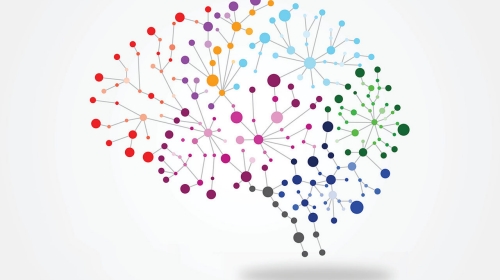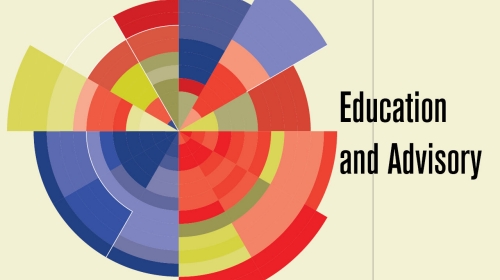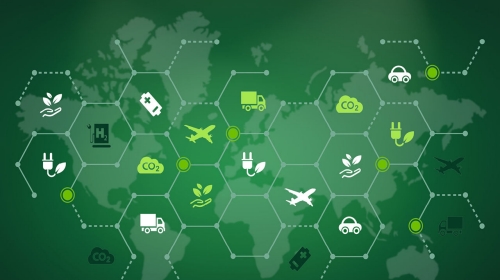In 2015, corporate citizenship took unprecedented steps forward. Multiple stakeholders—including business leaders—came together to commit to combating climate change and ensuring sustainable progress. The resulting United Nations Sustainable Development Goals (SDGs) represent years of work and hope. With 17 objectives and 169 specific targets that address issues ranging from education and inequality to economic growth and the environment, the SDGs are encompassing.
Watch: 'We The People' for The Global Goals
Since the SDGs have been adopted, companies have created innovative programs to advance these social and environmental objectives while meeting key business goals. Dedicated corporate citizenship professionals have developed education programs for youth, increased the amount of skilled workers in science, technology, engineering, and math (STEM) fields, and used advanced technology to inform and transform live-saving treatments. As companies work to align their efforts to these broader, global sustainability goals, the United Nations and its network of public and private actors have worked as connectors to harness the efforts of individuals, countries, and companies alike to create a collective story of progress. Now, despite being only one year along the 2030 path, the SDGs have over 12,000 signatories in 193 countries.
As research has shown, the benefits of striving to address the goals like those outlined in the SDGs are not limited to the recipients of corporate philanthropy; the creativity and innovation needed to drive social and environmental progress also results in tangible and intangible value for companies. For example, a recent study of firms that adopted responsible social and environmental practices outperformed other firms in sales growth, experienced less financial volatility, and were more likely to survive over the course of 15 years.
The development of effective programs, however, is only part of the story. The Center’s Value of Sustainability Reporting study, conducted jointly with EY, illustrates that the benefits of reporting on progress towards such goals go beyond compliance and transparency. In fact, many companies report on progress as a tool for performance management as well as a way to communicate with internal and external stakeholders. In order to report improvement, companies must build processes for collecting information from across the company, create feedback loops across functional teams and business lines, and track performance against key performance indicators.
In the last year, companies have embraced the commitment to implementing the SDGs as a way to address global challenges and improve business function in the process. Members can check out a webinar on demand during which Jo Weiss, head of social responsibility at White & Case, and Tam Robert Nguyen, global head of sustainability at Bechtel offer a deeper look into how their companies are incorporating SDGs into their corporate social responsibility strategies and focusing their efforts toward a larger movement of equality and stability across the globe. Not a member? Learn more about how the Boston College Center for Corporate Citizenship can help you get the most from your programs by calling 617 552 4545 or emailing ccc@bc.edu.
Ready to advance your professional development to Know More, Do More & Achieve More in corporate citizenship? Click here to our upcoming course calendar.






